Quick Stats
South Sudan
12 Million (2024)
$12 Billion (2024)
2013
Northern & LAPSSET
Crude Oil (82%), Refined Petroleum (3.9%) Gold (3.9%), Crop Forage(3.9%)
- Population and GDP size- World Bank Data – https://data.worldbank.org/indicator
- Trade- OEC- https://oec.world/en/profile/country/
South Sudan became the world’s newest nation in July 2011. Since then, it has embarked on a complex but resolute journey of building national institutions, fostering stability, and unlocking economic potential while navigating bouts of conflict
644,329 sq kms
11.4 million people
Home to around 11 million people and sitting at the inland end of the Northern Corridor, it occupies a natural crossroads between East and Central Africa. Oil remains the backbone of the economy, which, as of 2023 has contributed over 90% of export earnings and public revenue, leaving the treasury exposed to global oil price fluctuations.
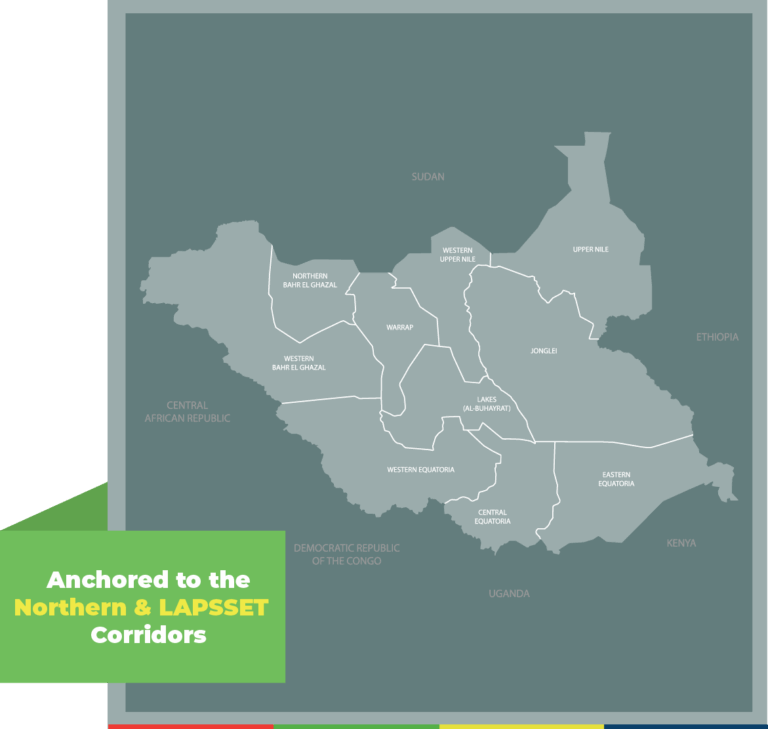
Home to around 11 million people and sitting at the inland end of the Northern Corridor, it occupies a natural crossroads between East and Central Africa. Oil remains the backbone of the economy, which, as of 2023 has contributed over 90% of export earnings and public revenue, leaving the treasury exposed to global oil price fluctuations.
Early Milestones
Since 2013
Since 2013, TMA has worked alongside the Government of South Sudan and its partners to reduce the cost and time of trade, particularly at Nimule/Elegu border which is the entry point for over 80% of goods, including humanitarian aid. Lack of adequate border infrastructure and systems causes chronic delays, contributing to shortages of supplies like food and medicine.
TMA supported the construction of a modern border post, complete with an administration block, inspection yards, parking for 150 trucks, and upgraded access roads. Border officials were trained on integrated controls, while simplified trade procedures were introduced to support more efficient clearance processes. Inclusion was woven into design and delivery, with women and persons with disabilities deliberately engaged for employment in construction and border operations, a notable achievement given prevailing gender norms in the region.
To support regional integration following South Sudan’s EAC accession, TMA facilitated institutional capacity and engaged civil society to understand their roles and opportunities in a regional market. Support to the Bureau of Standards was provided through laboratory upgrades in Juba and Nimule, regulatory reforms including alignment with international standards, and training. Work on eliminating non-tariff barriers led to a national monitoring system being developed.
Supported the Reform of the Burundi Revenue Authority (OBR)
Merging customs and tax services into a single more efficient institution. This contributed to a boost in domestic revenue rising from under 300 billion BIF in 2009 to over 550 billion BIF by 2013 giving the government fiscal space to invest in national priorities.
Construction of the Kobero–Kabanga One Stop Border Post
By simplifying border procedures, it helped reduce cargo transit times across the corridor by 70%. In the wake of the 2015 political crisis, TMA refocused its approach, placing greater attention on supporting women traders and those often excluded from cross border trade.
Partnership with the United Nations Conference on Trade and Development
This led to the digitalisation of OBR's systems, including the roll out of ASYCUDA platform and the Electronic Single Window (eSW), an automated system for processing exports and imports. As a result there has been an 80% reduction in time taken to process import permits.
TMA Strategy 3
2023 - 2030
Building on this foundation, TMA’s new phase in South Sudan focuses on deepening trade corridor efficiency, strengthening standards and digital systems, and enabling private sector-led growth.
Physical
Infrastructure
Improving the trade and investment environment
Advancing digital systems
Enhancing the quality and value of traded goods
Programming will focus on reforms that lower trading costs, knit South Sudan into regional supply chains and give public agencies the skills to keep the system running. Specifically, long-term training and technical assistance with growing capital investment will be provided. Customs, standards, and transport regulators will receive hands-on mentoring; border posts and their feeder roads will be upgraded as resources allow; and targeted support for promising agri-businesses and women- and youth-led enterprises will widen the benefits. This will build an economy that trades outward, creates jobs at home and is resilient enough to weather the shocks that can knock it off course.
Results(2018):
The number of roadblocks between Nimule and Juba was reduced from 14 to 2. A dialogue mechanism was established between Uganda and South Sudan to continue to identify and monitor NTBs.
- Equipping laboratories in Juba and Nimule with modern tools to reduce testing turn around times.
- Developing a regulatory framework aligned with standards, quality, metrology and testing (SMQT),
- Installing solar power systems to ensure uninterrupted operations and lighting arresters to protect SMQT equipment
- Conducting training sessions in Juba and Nimule to raise public health awareness and improve service delivery capacity.
Results
Contributed to a development of a legal framework for customs that was passed into law by the National Parliament and signed into law by the President of South Sudan in May 2014.
Results
Contributed to a reduction in clearance time at Nimule/Elegu border: at Nimule from 4 hours in 2013 to 2 in 2021, and from 60 hours at Elegu in 2013 to 1.5 in 2021. (Source: Independent Evaluation of the Nimule/Elegu One Stop Border Post, 2021 , Sustainable and Efficient Transport Infrastructure Portfolio Evaluation, 2025).
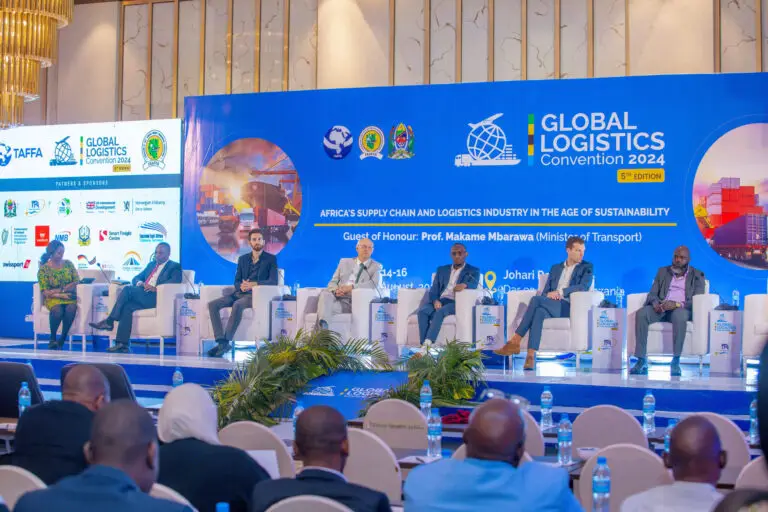
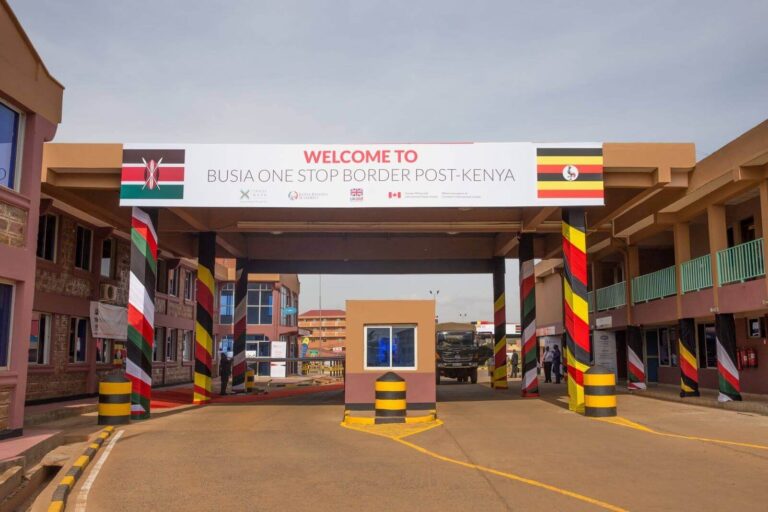
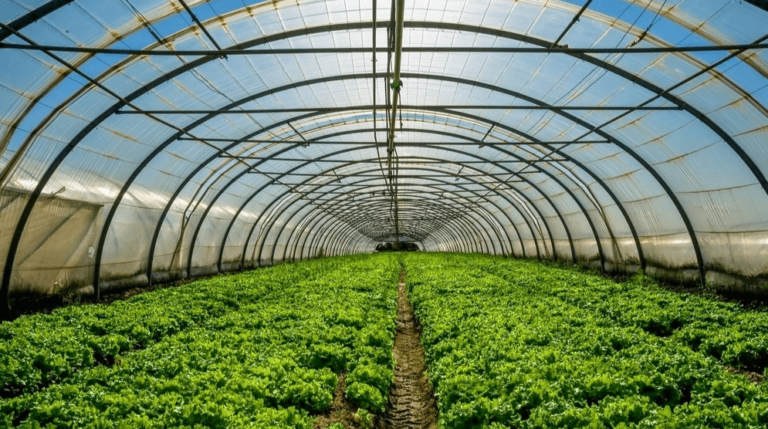
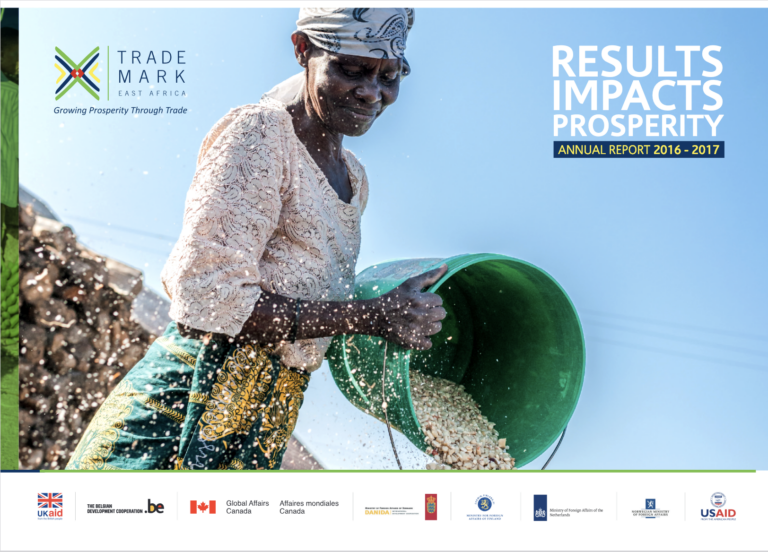
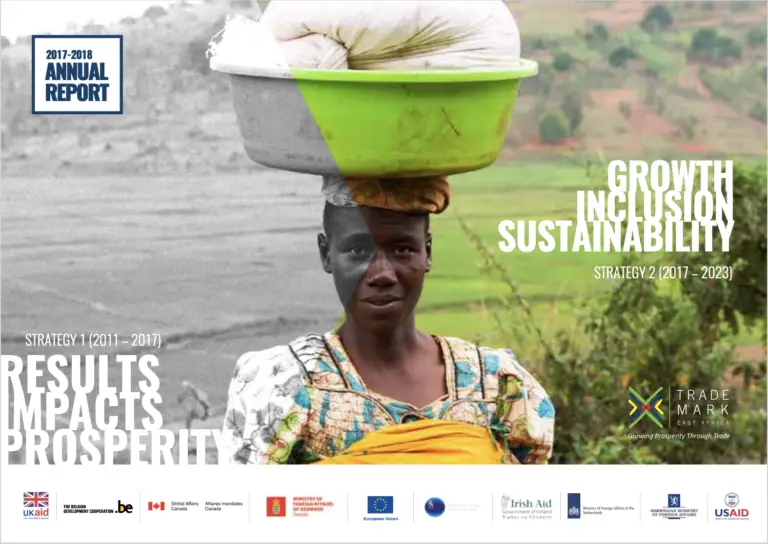
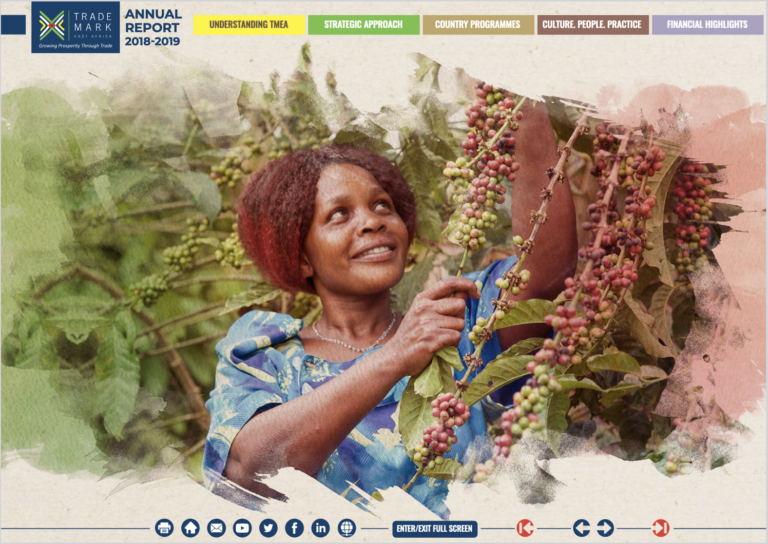
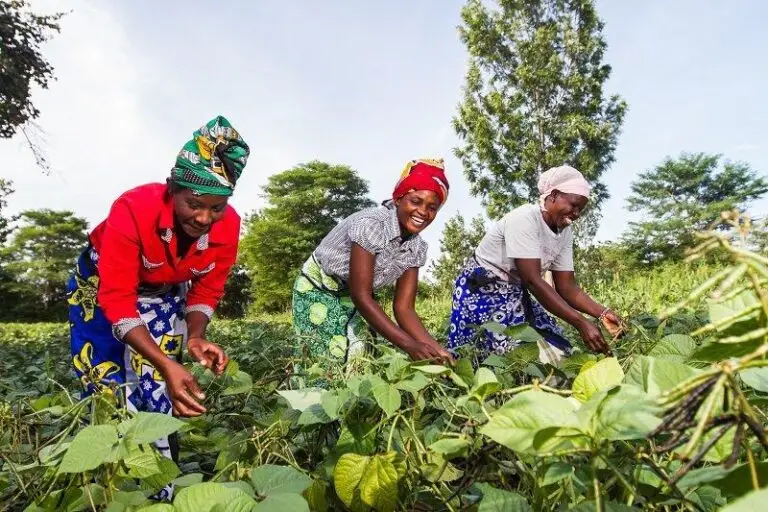
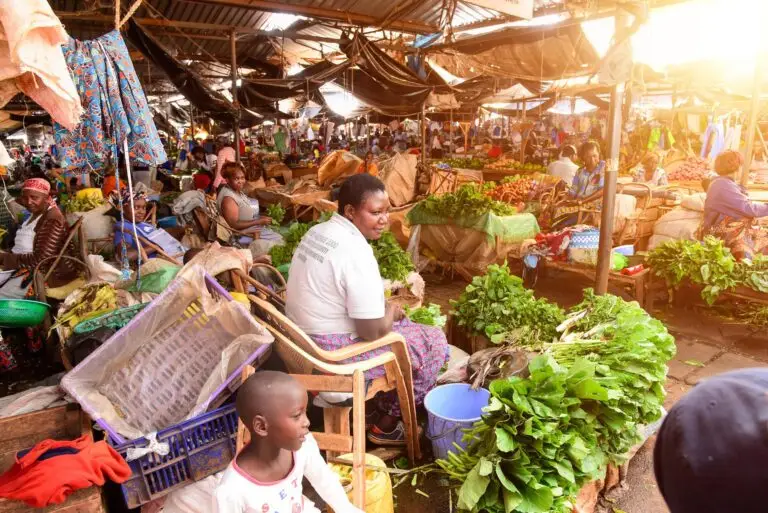
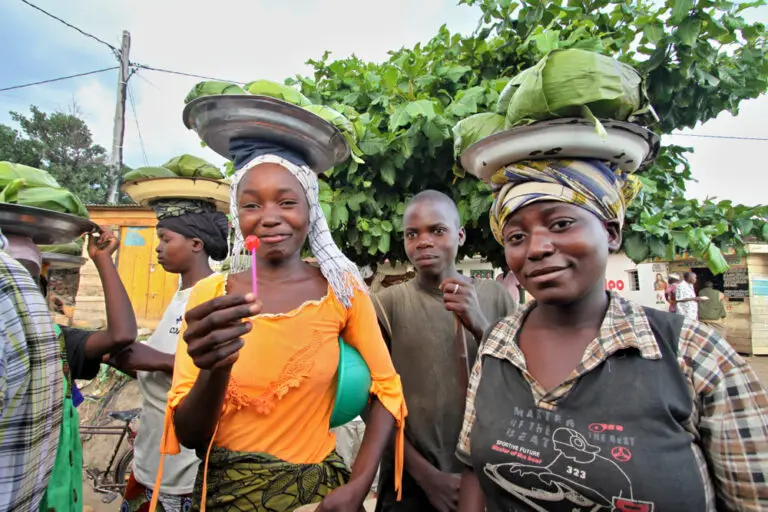
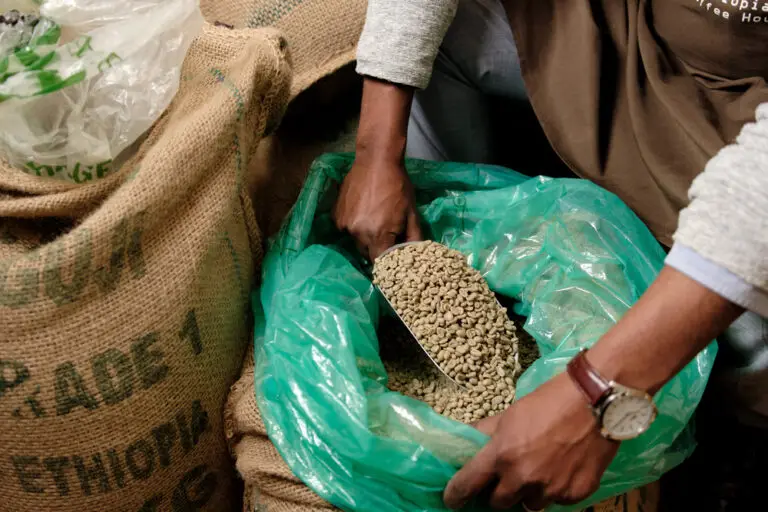
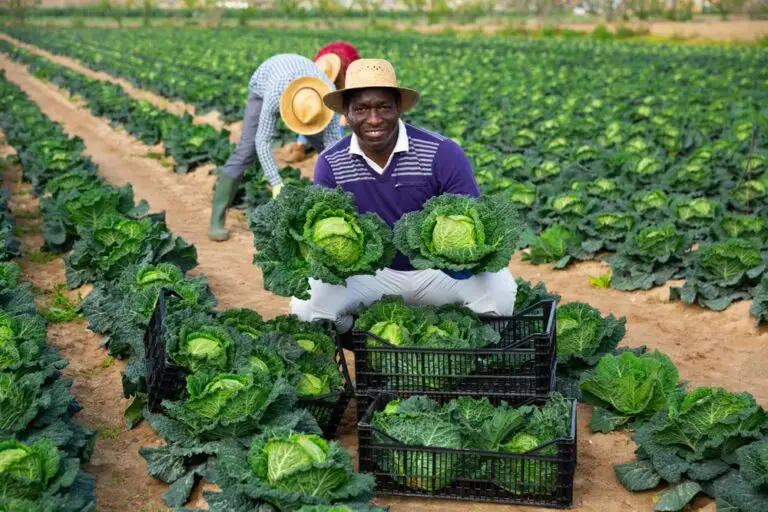
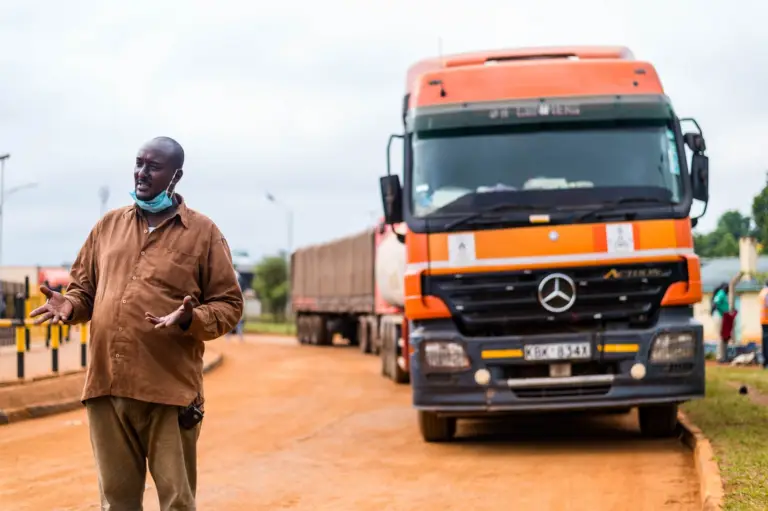
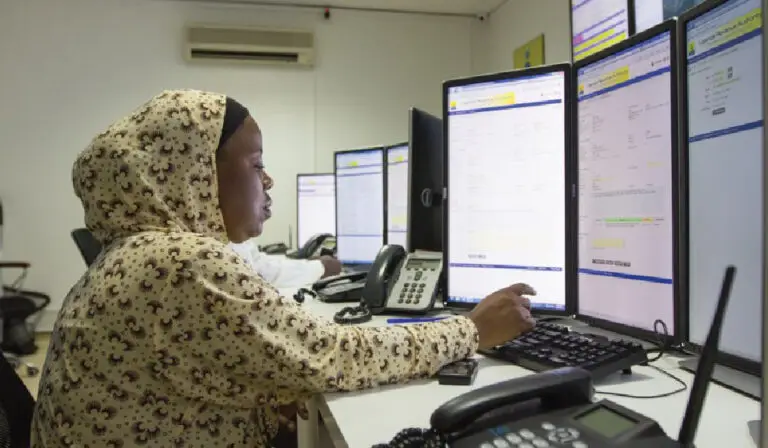
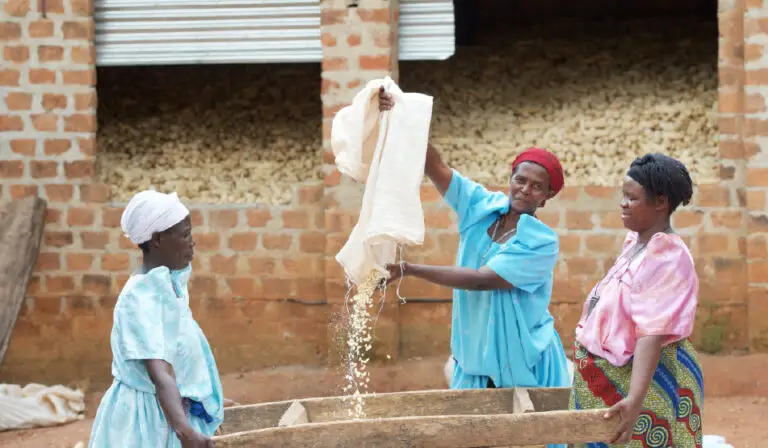
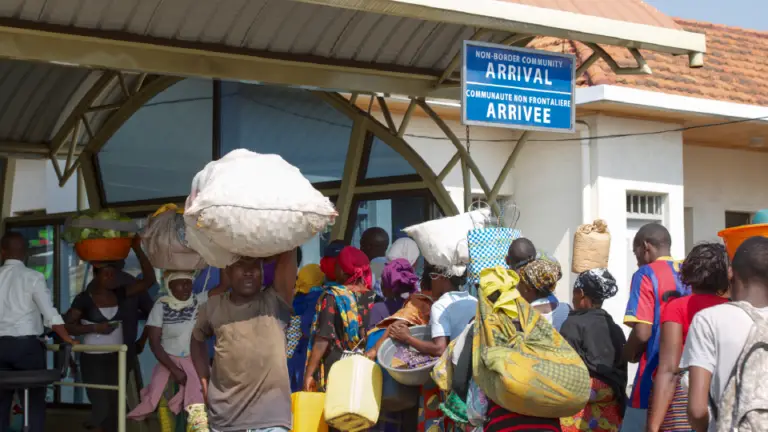
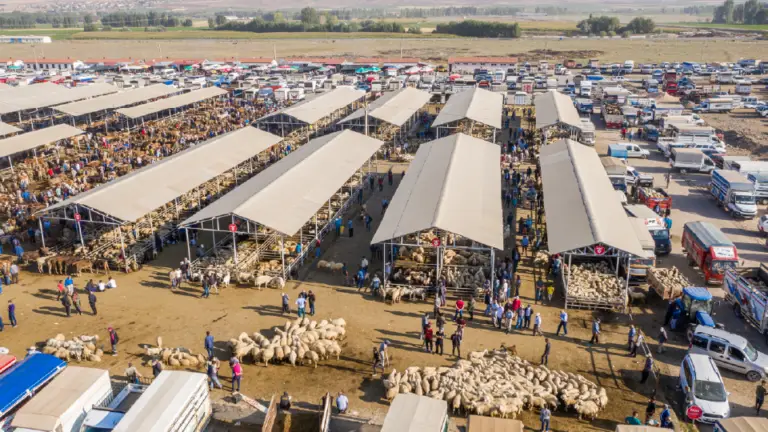
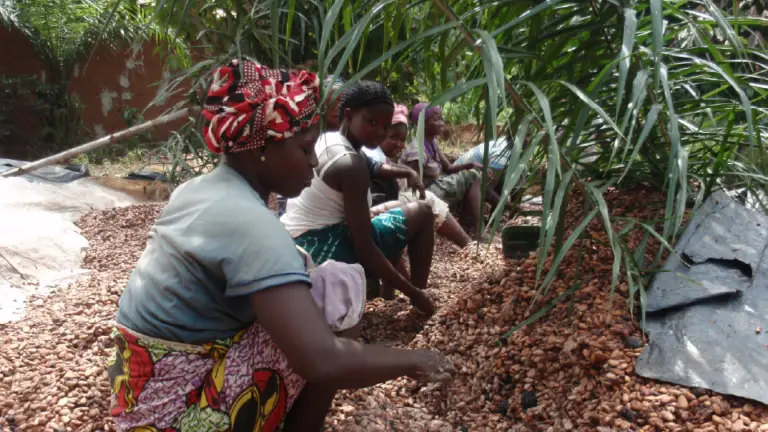
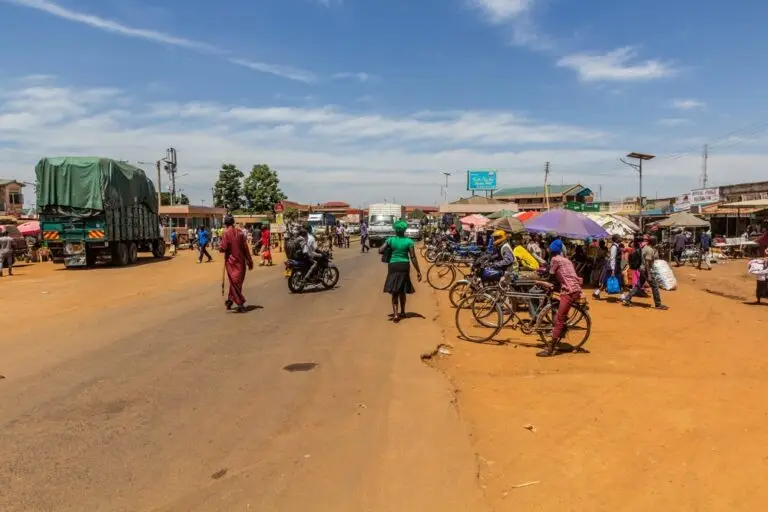

COUNTRY DIRECTOR
Anna is an International Development Professional with over 15 years’ legal experience and 10 years’ experience in government service delivery. Anna has expertise in policy and regulatory reforms in the commercial, trade and information communication technologies (ICT) sectors, private sector development, legal and advisory services. Anna joined us from The National Information Technology Authority of Uganda – NITA-U where she was Legal Expert for the Regional Communication Infrastructure Project- Phase 5 (RCIP), which is a US$ 100 million World Bank-financed project aimed at expanding broad band access and delivering integrated e-Government applications for improved service delivery. Anna holds a Bachelor’s Degree in Law (LLB) from Makerere University, Post Graduate Diploma in Legal Practice from The Law Development Centre, and Master of Laws (LL.M) in International and Comparative Law from The George Washington University Law School.
- [email protected]
- +257 22 277 101

